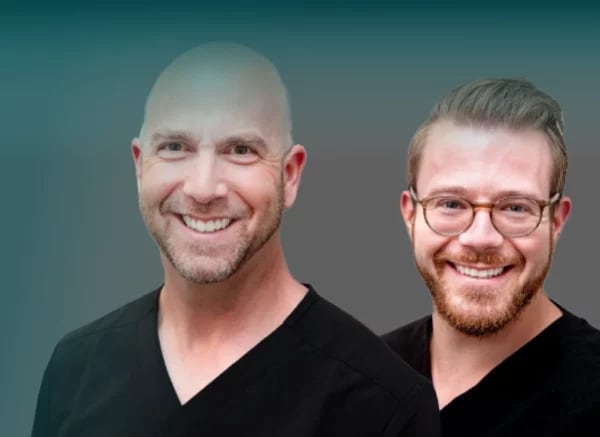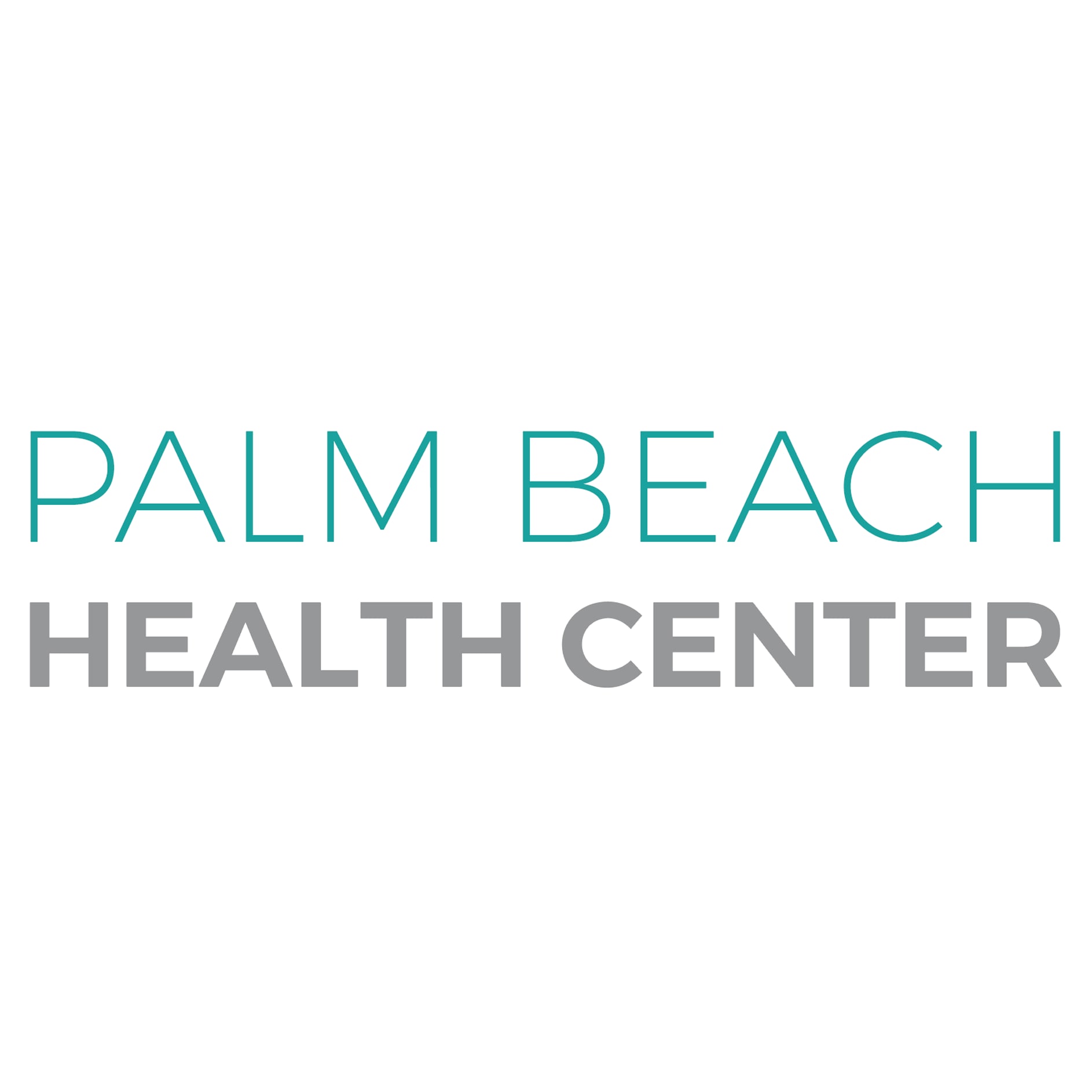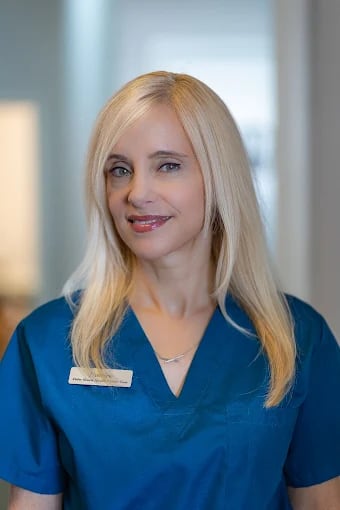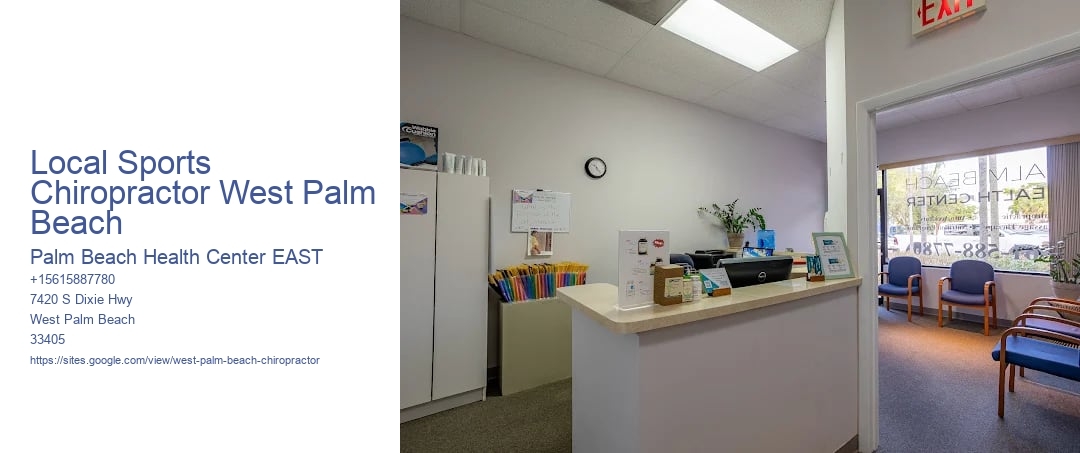Natural medicine describes techniques that intend to accomplish the healing results of conventional medicine, yet that generally lack organic plausibility, testability, repeatability, or sustaining proof of effectiveness. Such techniques are usually not component of evidence-based medication. Unlike contemporary medication, which employs the clinical method to check possible therapies using accountable and ethical scientific trials, producing repeatable evidence of either result or of no effect, alternate therapies live beyond mainstream medication and do not originate from using the clinical technique, but rather rely on testimonials, stories, religion, practice, superstitious notion, belief in supernatural "powers", pseudoscience, errors in thinking, propaganda, fraudulence, or various other unscientific sources. Often utilized terms for appropriate techniques are Brand-new Age medication, pseudo-medicine, unconventional medication, holistic medication, fringe medicine, and non-traditional medicine, with little difference from quackery. Some different techniques are based on concepts that oppose the well established scientific research of exactly how the human body works; others attract the mythological or superstitions to discuss their result or absence thereof. In others, the practice has plausibility but lacks a positive threat–-- advantage end result chance. Research study into alternative therapies commonly fails to follow correct research procedures (such as placebo-controlled trials, blind experiments and computation of previous chance), providing void results. History has actually revealed that if a technique is proven to work, it at some point ceases to be alternate and comes to be traditional medication. Much of the regarded impact of an alternate practice emerges from a belief that it will be effective, the sugar pill effect, or from the treated problem solving on its own (the all-natural course of illness). This is additional intensified by the propensity to transform to different therapies upon the failing of medication, at which point the condition will go to its worst and more than likely to automatically enhance. In the lack of this predisposition, especially for conditions that are not expected to improve on their own such as cancer or HIV infection, several studies have revealed substantially even worse results if patients transform to alternate therapies. While this may be due to the fact that these patients stay clear of effective treatment, some alternative treatments are actively dangerous (e. g. cyanide poisoning from amygdalin, or the intentional intake of hydrogen peroxide) or actively interfere with reliable therapies. The alternative medicine market is a highly rewarding industry with a solid lobby, and deals with far less law over the usage and advertising of unverified treatments. Corresponding medicine (CM), corresponding and natural medicine (WEBCAM), integrated medicine or integrative medicine (IM), and all natural medication effort to incorporate alternative practices with those of mainstream medicine. Traditional medicine techniques come to be "alternative" when utilized outside their initial settings and without appropriate scientific explanation and proof. Alternative methods are commonly marketed as more "natural" or "all natural" than approaches supplied by medical science, that is occasionally derogatorily called "Large Pharma" by supporters of alternative medicine. Billions of dollars have been invested studying natural medicine, with couple of or no favorable outcomes and lots of techniques completely disproven.
.



